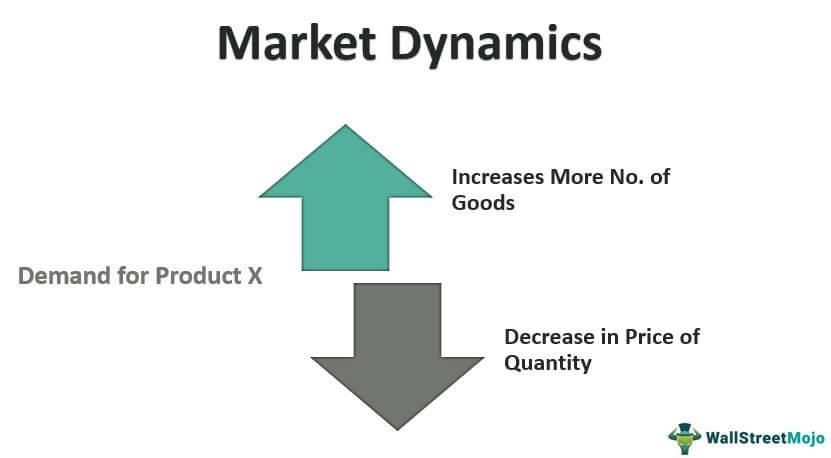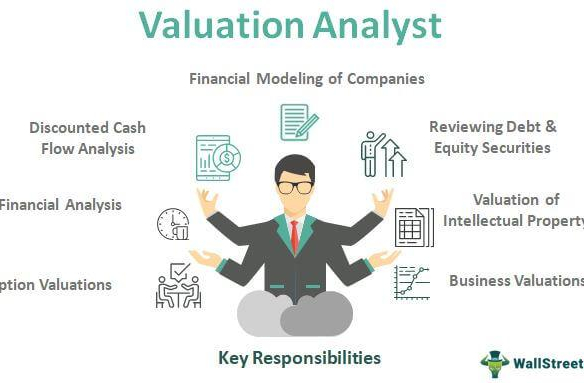**Understanding Valuation: Insights from Kenya’s Experts**
In the ever-evolving landscape of finance and investment, the importance of valuation cannot be overstated. it serves as the compass guiding businesses, investors, and policymakers through the complexities of market dynamics. In Kenya, a nation at the crossroads of innovation and tradition, the nuances of valuation take on a unique dimension. As the economy embraces technological advancements and global opportunities, understanding what drives value in various sectors is pivotal. This article delves into the insights of Kenya’s esteemed experts, illuminating the principles and methodologies that underpin effective valuation. From the vibrant real estate market in Nairobi to burgeoning startups in Mombasa, we explore how local knowledge and global trends converge to shape a complete understanding of value in one of Africa’s most dynamic economies.

Exploring the Foundations of Valuation in Kenya’s Economic Landscape
The concept of valuation is a cornerstone in understanding the economic nuances of any nation, with Kenya being no exception. Here, the multifaceted nature of valuation encompasses a variety of perspectives, from real estate to agricultural commodities, each influenced by a unique blend of cultural and socio-economic factors. Local experts emphasize the importance of considering **market demand**, **regulatory frameworks**, and **historical trends** when assessing value. The diverse nature of Kenya’s economy necessitates a nuanced approach, reflecting the dynamic interplay between traditional practices and modern methodologies.
To illustrate some key elements in the valuation landscape, several foundational components stand out:
- Market Conditions: Fluctuating supply and demand can heavily influence property values and business assessments.
- Regulatory Influences: Government policies and land use regulations play a critical role in determining the value of various assets.
- economic Indicators: Macroeconomic factors, such as inflation rates and GDP growth, provide essential insights into future valuation trends.
| Valuation Factor | Impact |
|---|---|
| Location | Directly affects real estate prices and demand. |
| Market Trends | Shifts in consumer behavior can elevate or diminish asset value. |
| Comparative Analysis | utilizing market comparable helps establish value benchmarks. |

Unveiling the Techniques: How Appraisers Value Assets and Businesses
Valuing assets and businesses in Kenya involves a myriad of techniques that reflect the unique economic landscape of the region. Local experts often utilize methods such as **comparative analysis**, where they benchmark similar businesses or asset types to derive a fair market value. Additionally, the **income approach** is prevalent, particularly for income-generating entities, to assess the present value of expected future cash flows, facilitating a comprehensive understanding of long-term profitability. Other methods include:
- Cost Approach: estimating the replacement cost of an asset minus depreciation.
- Asset-Based Valuation: Focusing on the tangible and intangible assets held by a business.
- Market Capitalization: For public companies, evaluating share price against total outstanding shares.
Another crucial aspect involves **localized market insights**, as Kenyan experts incorporate unique regional trends, consumer behavior patterns, and socio-economic factors into their valuation models. Often, they conduct detailed market research and surveys to gather data that captures the essence of demand and supply dynamics in their respective sectors. The table below illustrates key sector-specific factors influencing valuations across different industries:
| Industry | Key Factors Impacting Valuation |
|---|---|
| Agriculture | Seasonal yield fluctuations, land quality, and productivity potential. |
| Real Estate | location desirability, infrastructure developments, and market trends. |
| Technology | Innovation rate, user adoption, and scalability potential. |

Navigating Market Dynamics: key Factors Influencing Valuation in Kenya
The valuation landscape in Kenya is shaped by a myriad of factors that reflect the unique economic environment of the region. Understanding these complexities is essential for stakeholders looking to make informed decisions. One of the primary elements influencing valuation is market trends. As industries evolve, changes in consumer behavior, technological advancements, and competitive dynamics can significantly alter the perceived value of businesses. Recognizing shifts in sectors such as agriculture, real estate, and technology often provides insights that can lead to better valuation strategies.
Another key aspect to consider is the regulatory framework in Kenya, which affects how businesses are valued. The government’s policies regarding foreign investment, taxation, and compliance can create both opportunities and challenges. Additionally, factors such as inflation rates and currency stability play a crucial role in determining the financial metrics that buyers and investors evaluate. Understanding the interplay of these factors is vital for effective valuation, ensuring that all stakeholders are on the same page when appraising potential investments.
Strategic Recommendations: Best Practices for Effective Valuation in a Changing Market
In the dynamic landscape of valuation, especially within the Kenyan market, it is crucial for practitioners to adopt a flexible and informed approach. Here are some **best practices** that can enhance valuation accuracy and relevance:
- Continuous Market research: Stay updated on economic indicators, industry trends, and regulatory changes. This enables valuators to adjust models based on real-time data.
- Stakeholder Engagement: Regular interactions with stakeholders, including investors, analysts, and industry experts, can provide valuable insights that might influence valuation outcomes.
- Scenario Analysis: Incorporate different scenarios such as best-case, worst-case, and baseline projections to assess potential risks and returns effectively.
Additionally, implementing a robust methodology tailored to specific sectors can significantly improve valuation precision. Below is a simple table summarizing various sectors and their unique valuation methods:
| Sector | Preferred Valuation Method |
|---|---|
| Agriculture | Income Approach/Comparison |
| Real Estate | Comparative Market Analysis |
| Technology | Discounted Cash Flow |
by embracing these strategies and customizing methodologies, valuation professionals can navigate the complexities of a changing market with confidence and clarity.
Conclusion
In a world where financial landscapes are ever-evolving, understanding valuation becomes not just an academic exercise, but a vital skill. The insights from Kenya’s experts illuminate the nuances that shape how we perceive value—not just in numbers, but in the stories of people, enterprises, and the rich tapestry of culture that influences our markets. As we conclude our exploration, it’s clear that valuation is both an art and a science, steeped in local context yet informed by global trends. Whether you are an investor, entrepreneur, or simply curious about economic dynamics, grasping these concepts can pave the way for informed decisions and strategic foresight.
In the journey of valuation, knowledge is your most valuable asset. As you carry these insights forward, remember that the true worth lies not only in the metrics but in the deeper understanding of relationships and context that drive value in Kenya and beyond. Stay curious, keep questioning, and let the lessons from these experts guide your path through the complex world of valuation.




Join The Discussion